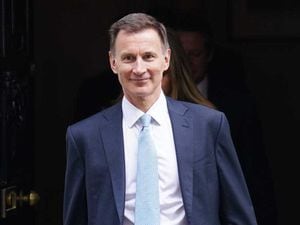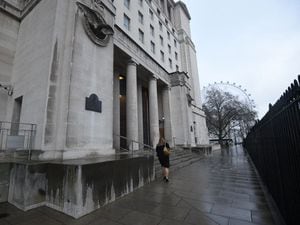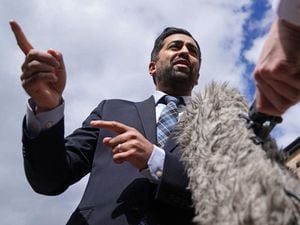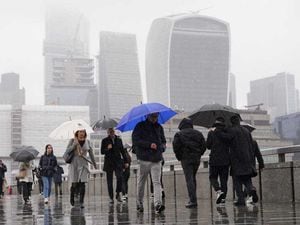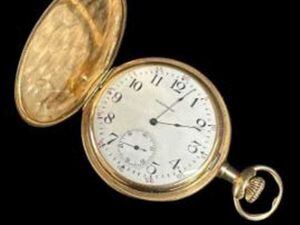Queen marks GCHQ centenary and recalls king getting ‘cross’ with scrambler phone
The Queen joked how her father King George VI would become frustrated with his scrambler phone, modified by GCHQ to make his calls secret.
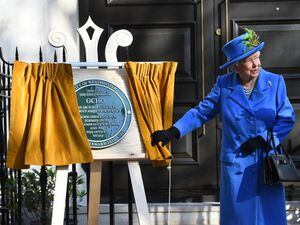
The head of GCHQ said his agency has “saved countless lives” and “shortened wars” as the Queen celebrated the 100th anniversary of the intelligence, security and cyber organisation.
The Queen has been receiving intelligence from the agency for much of its existence – but she joked how her father King George VI would become frustrated with his scrambler phone, modified by GCHQ to make his calls secret.
GCHQ’s director Jeremy Fleming, speaking at the agency’s former London home, told the Queen and invited guests: “Our work is not often glamorous or easily portrayed in film.
“But over the last 100 years it has saved countless lives, shortened wars, given Britain an edge, and solved or harnessed some of the world’s hardest technology challenges.”
Among the guests for the Queen’s unannounced visit were Alex Younger, chief of the Secret Intelligence Service (MI6) and known as “C”, and Andrew Parker, director general of MI5, the Secret Service.
Mr Fleming added: “It’s clear to us all that the world is changing at an unprecedented rate. It’s more interconnected than ever before.
“And this is driving extraordinary opportunity, innovation and progress. It’s also unleashing amazing complexity, uncertainty and risk.
“To keep up in this digital era – to optimise the potential of technologies like artificial intelligence and quantum computing – we know we need to keep reinventing.”
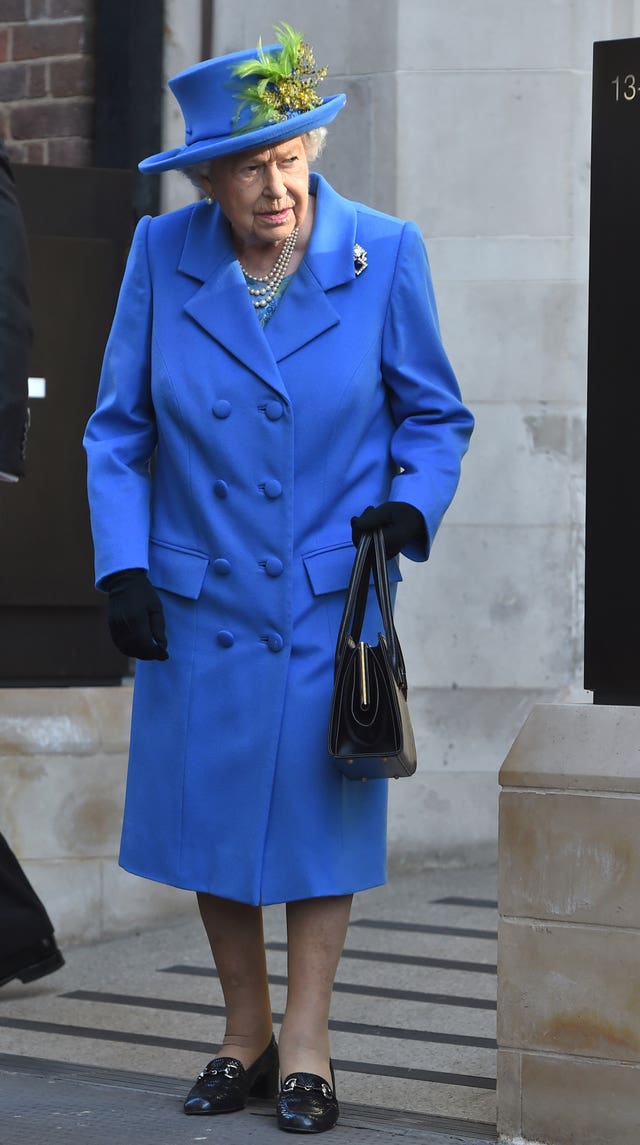
When the subject of scrambler phones – used to keep important conversations confidential – was mentioned, the Queen said: “I remember my father had one, he used to get so cross when it didn’t scramble.
“Took some time to heat up and then work.”
The machines used valves, today replaced by transistors, which needed time to warm up before the equipment would work.
The Queen, who was attending her first public engagement of the year, asked the spy bosses when she first arrived: “I expect you’re busy” and Alex Younger, MI6’s chief, replied: “We are, but delighted to do this”.
GCHQ, originally known as the Government Code & Cypher School (GC&CS), was established on November 1 1919 as a peacetime cryptanalytic unit with staff from the Admiralty and War Office.
During the Second World War the agency moved staff to Bletchley Park where Alan Turing was instrumental in breaking Enigma-encrypted communications, making a significant contribution to the Allied victory.
Investment firm BGF (Business Growth Fund) took over GCHQ’s former building a few years ago and has made a feature of its architectural details from its intelligence agency heyday.
In the company’s boardroom, named after Turing, the Queen chatted to the grandchildren of the agency’s first head Alastair Denniston, and when she met Ruth Bourne, 92, who had worked in a Bletchley Park satellite base, she praised Turing saying: “He was an amazing man.”
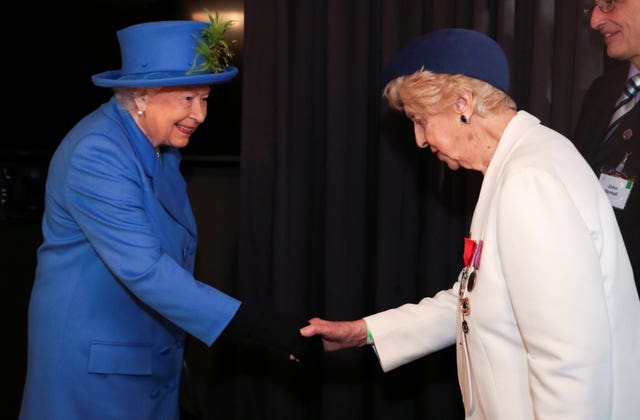
Mrs Bourne, who operated the Turing Bombe – an early form of computer that speeded up the deciphering of the Nazi messages – said later she had not talked about her work for decades after the war or realised its significance.
She said: “We didn’t know how important it was, because we didn’t know how difficult the code was to break, therefore probably for the reasons of security we were only given a small piece of information about what we were doing.”
The 92-year-old added: “We were just presented with this amazing machine and told to ‘get on with it’ and ‘don’t ask any questions’, and ‘we are breaking German codes’ was the only sentence I was ever given which indicated what I was doing.”
Artefacts from GCHQ’s history were shown to the Queen, from Margaret Thatcher’s mobile scrambling phone that encrypted her conversations during the Falklands War period, to an original Enigma machine used by Nazi forces to encrypt their messages.
A code book used by the Royal Household in 1947 which contained the pseudonym “2519” for the Queen, when she was Princess Elizabeth, was also on display.
The Queen ended her visit by unveiling a plaque containing two secret, hidden messages – a nod to the code-breaking minds who established the agency.
The plaque, which features certain letters or numbers with a dot or line under them, says: “1919 – 1921. The first home of GCHQ. The UK’s intelligence security and cyber agency. Known then as GC&CS, formed from the Admiralty’s Room 40 and the War Office’s MI1(b).”

